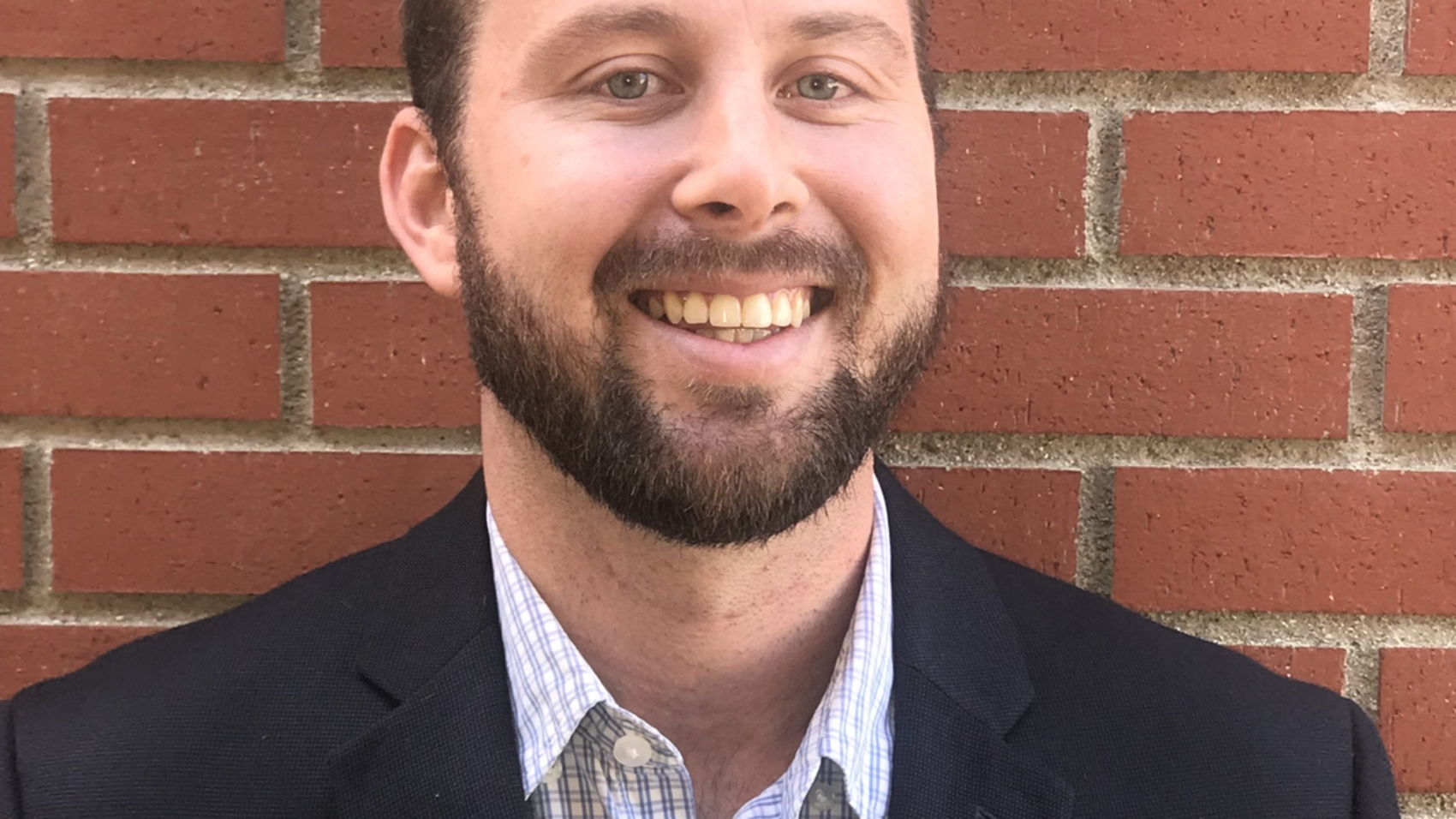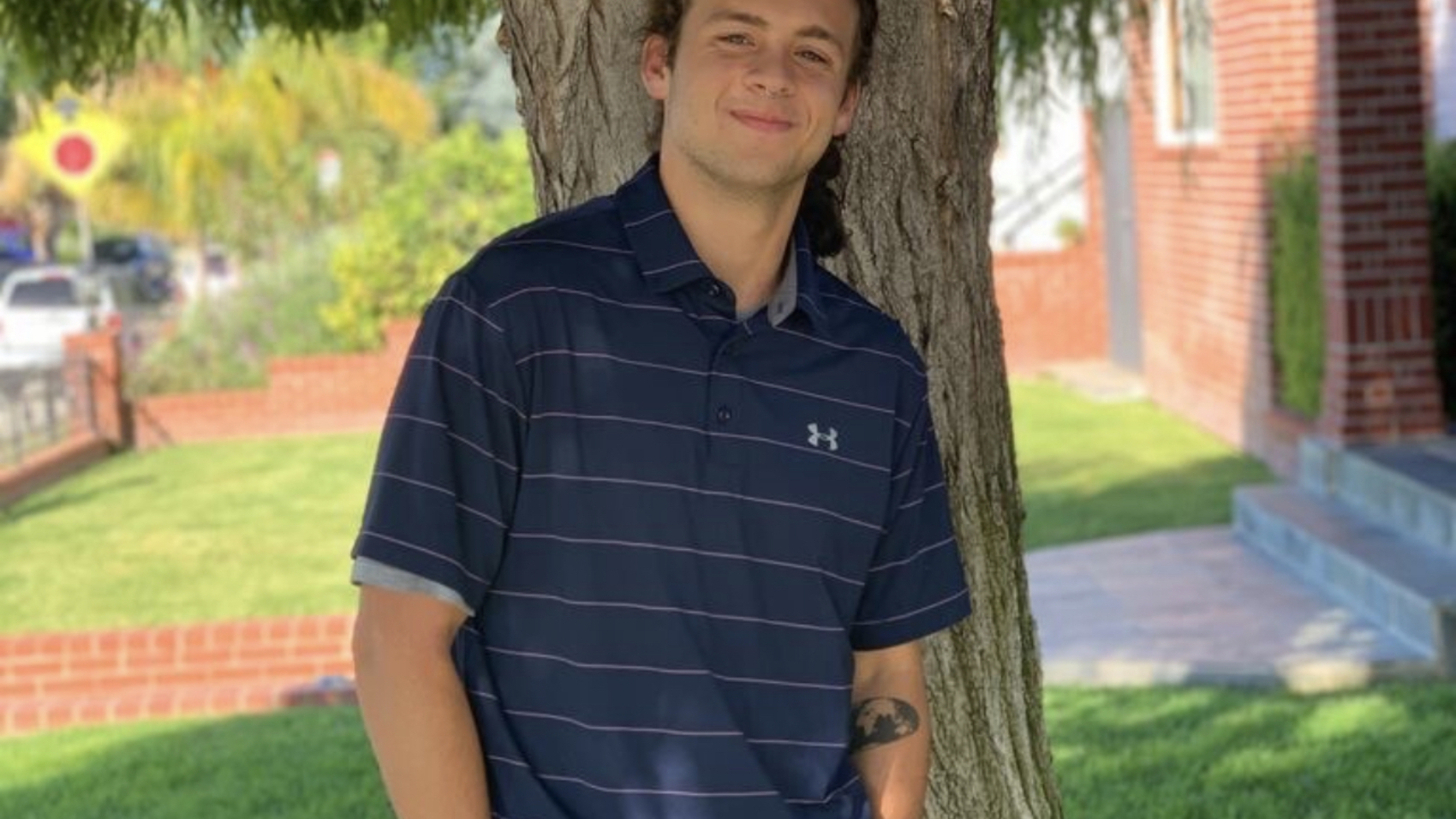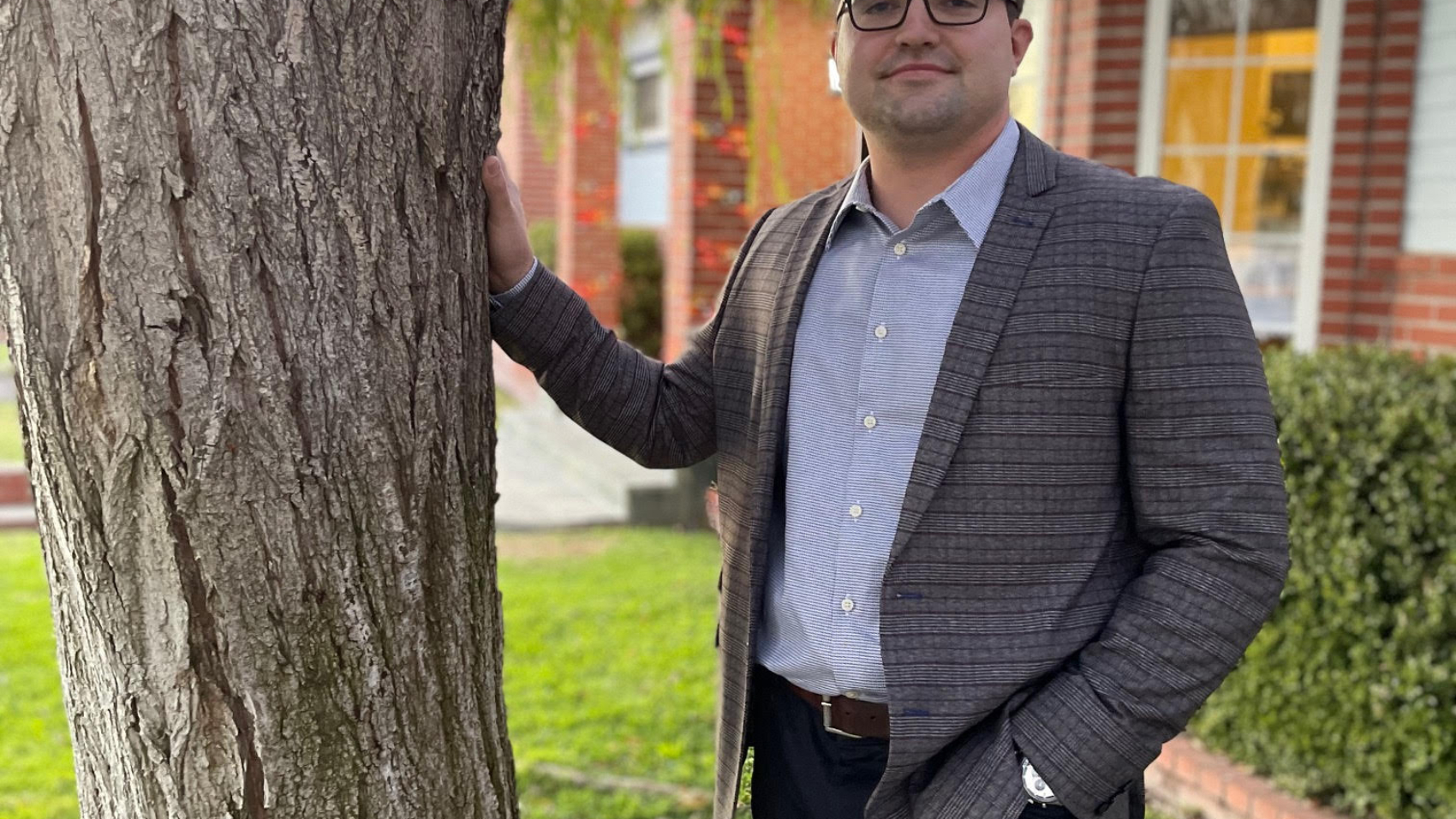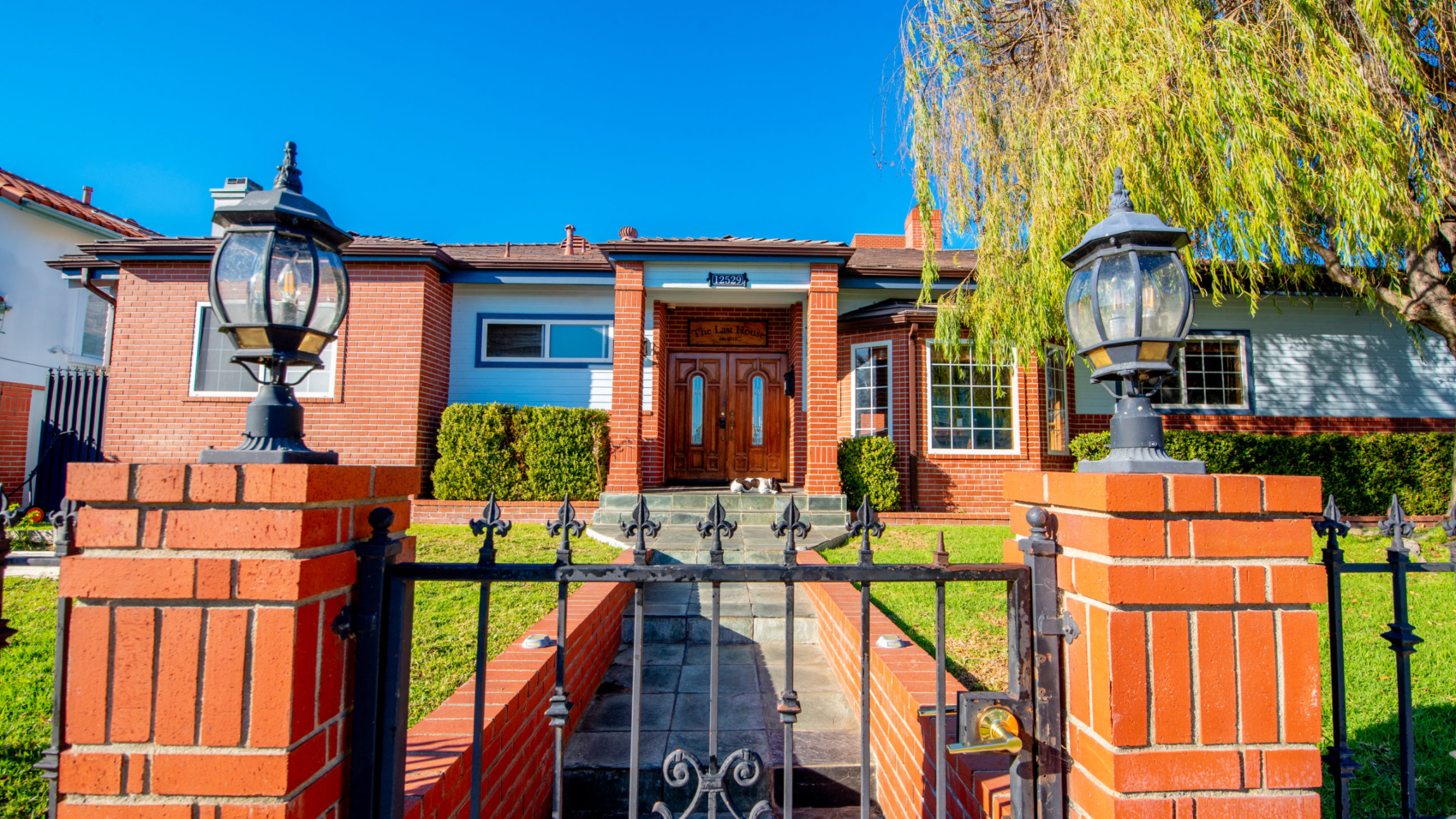Recovery, let alone sobriety, can be quite the tricky topic to navigate. Setting aside all the drastic life changes that will need to be made, figuring out how one can go about making these changes to get clean and sober is a whole other beast. It won’t only be tough for the individual who will be trading in his life for a new one, it is challenging for all the loved ones involved; family, partners, friends. All parties invested in this process ultimately want the same goal – for the individual to be happy, safe, self-sufficient, and truly free from the enslavement that drugs and alcohol bound over our loved ones for far too long. But you may be asking yourself, “Where do I even start? Is therapy the right answer? What about a rehabilitation treatment center? Will a 12-step program do the trick?” These are all valid and vital questions that anyone entering recovery needs to be asking. However, more important than the question, is the answer….
I can safely say, from my experience, that the one and only question that one needs to be asking is, what direction will provide myself (or whoever is losing their battle with addiction) the best chance for success. When I say success. I’m not referring to business or their career, but success in life measured through happiness, healthy relationships, fulfilling work, and long-term sobriety. My family and I are just like you and yours. We really had no idea what to do. In truth the only thing we knew for sure is that we could not sit back and do nothing. My addition ran my life and was rapidly burning my life into the ground, and those closest to me were soon to be casualties that would be engulfed in the flames.
Slightly backing up – a little background on me. I grew up in Palos Verdes Estates – the southernmost part of Los Angeles County. I was the oldest of two children – an 8-year gap separated my brother and I. Up through high school, I excelled in my studies – achieving a 4.0 GPA, I played two varsity sports – baseball and soccer (one of which I captained) and was a member of the honor jazz band. Ultimately, these things led me to getting accepted into a 4-year university – Cal Poly San Luis Obispo. I don’t mention things these to pump my ego or boast, rather to show that one can have a lot of things going for them – and IT WILL NOT MATTER. I had my fair share of “run-ins” during high school once I began partying socially during freshman year. Well, truthfully – it started off as social, but rapidly progressed into daily alcohol and drug use. I smoked weed, drank, popped all types of pain killers, benzos, barbs, snorted coke, etc.…which ultimately led to a couple arrests, couple suspensions and the list goes on and on. Things only continued to get worse – in college the drug and alcohol use only progressed as did the consequences: DUI, kicked out of campus dorms, court-ordered community service, employment terminations and on and on. My life was reduced to nothing. I felt nothing – outside of never-ending pain, suffering, and bouts of depression that would only be temporarily alleviated by getting loaded. Sure, I graduated college with my diploma, but I couldn’t support myself in the slightest. Something had to give – and it sure wasn’t going to be drugs and booze….at least not yet. I had met with therapists through the years, taken classes for DUI, but had never attended rehab or sober living and all that comes with it. Hence, I had never experienced recovery. This downward spiral continued on for a few more years.
Ultimately, at 25 years old with nothing to show for his life – I had reached that point, that breaking point, ‘the bottom’ that the A.A. rooms always talk about – I was sick and tired of being sick and tired. It was time for a change. I finally asked for help, but where does one even start. My family and I did like any directionless family might do – we turned to good old Google. Flooded with an exceedingly high number of detoxes, rehabs, and sober livings, to say we felt overwhelmed would be an understatement. After numerous phone calls and hours of “picture surfing” online, my family and I settled on a rehab center in West Los Angeles. The treatment center served its purpose. It provided me with a snapshot of what a life without drugs and alcohol would look like. More importantly, it separated me from the lifestyle; the drugs and alcohol, the poor company I kept, and the places that I hung out. Having been removed from those elements I was able to gain a better sense of clarity for what I needed to do. Before entering rehab, I had the preconceived notion I would simply return to work after finishing my 30-day treatment as if my life was cured and fixed for good in just one short month. Let me tell you — that could not have been further from the truth. I wanted to be clean and sober. I needed to be clean and sober. I wanted a better life for myself. I wanted to be able to suit up and show up for my friends and family. Yet, if I would have elected to return to my life so soon without developing the necessary skills and resources required, it would have surely ended in disaster. This is when I made the best decision of my life and chose to enter sober living, specifically The Last House.
Since I was not familiar with the recovery community, whatsoever, I had never heard of The Last House until I was in treatment. A friend of mine I made while in rehab was planning on going to The Last House upon completion of his time there. He, along with a few others in the sober community, told me tales of rigorous structure. I felt scared, I felt intimidated, I felt like I didn’t need to attend such a program since this was a first go-around at sobriety. However, for that exact reason, was why I needed to go to The Last House! I needed to go to a place that would challenge me and force me to transform into the man I always knew I could be. Of course, it would not be easy. In fact, it would be quite the opposite. It would take a lot of effort and energy to see the change I wanted in my life. But what was I to do? I wasn’t going on a vacation. I wasn’t going to appease some external person. First and foremost, I was going to continue my clean and sober lifestyle, but equally important – I was going to learn how to live a mature life filled with integrity and character.
I clearly remember my first night in the house like it was only yesterday. The entire car ride from rehab to The Last House, my body was tense and riddled with anxiety. The worst expectations of what was to come were racing through my head. What I was feeling emotionally could be likened to the feeling of sitting in the back of a cop car being driven to the station after committing a crime. However, what my deceiving mind told me and what I was to experience over the next year were total opposites. I was finally in a safe environment. Sure, it was also structured, but most importantly, it was safe, which really alleviated the worries my parents had experienced for ten years running. They could finally sleep soundly at night.
Through this journey, the person I was and the way I was living was challenged every single day. I was pushed to be the best version of myself; to finally after 25 years of living – become a loving son, helpful brother, and caring friend. I was pushed to grow up and mature into the man I wanted and needed to be. Was the entire time I spent at The Last House easy? Of course not, but was it worth it? ABSOLUTELY! So, what all did The Last House do for me. There is not enough space in this letter for me to rave about all of the benefits and positives I learned, but I can give a brief snapshot. First off, I gained the basic, yet vital skills needed to lead a successful life. I became punctual, thorough, honest, and accountable. I can suit up and show up whenever I am called upon whether it be for my family or friends or for work. I was introduced to A.A and therapy and now work a strong 12-step program daily to address my addiction and alcoholism along with heightening my emotional and mental sobriety. I gained life-long friends whom I am still in regular contact with to this day. Whatever twist and turn life may throw may I way – I am now able to navigate without having the need to turn to drugs and alcohol.
Upon graduating from The Last House. I worked as a manger there for nearly two years before working as a manger over at Thrive Treatment for another two years. Currently, I run the Supplies and Fulfillment team for a diagnostic laboratory here in Austin, Tx. I met an incredible women in the rooms of A.A. and we are currently engaged and set to marry in March. She has 4 years clean and sober while I eclipsed 5. Our entire apartment is clean and organized and the bills are all paid for mind you. I have a fantastic relationship with my entire family – mom, dad, and brother (who I have finally begun mentoring – which unfortunately was 26 years to late – but better late than never). I have been able to travel both inside and out of the United States visiting numerous states in countries over these past 5 years. I attend meetings regularly, sponsor other men in the program, and have gone through my steps a few times (currently on step 3). At the end of the day, I am happy, self-sufficient, and ultimately alive! My life is continuing to grow and expand, and I am fully looking forward to the future as I have some big dreams for my life – as you should as well! None of this would have been possible without the support and guidance provided to me from The Last House.










